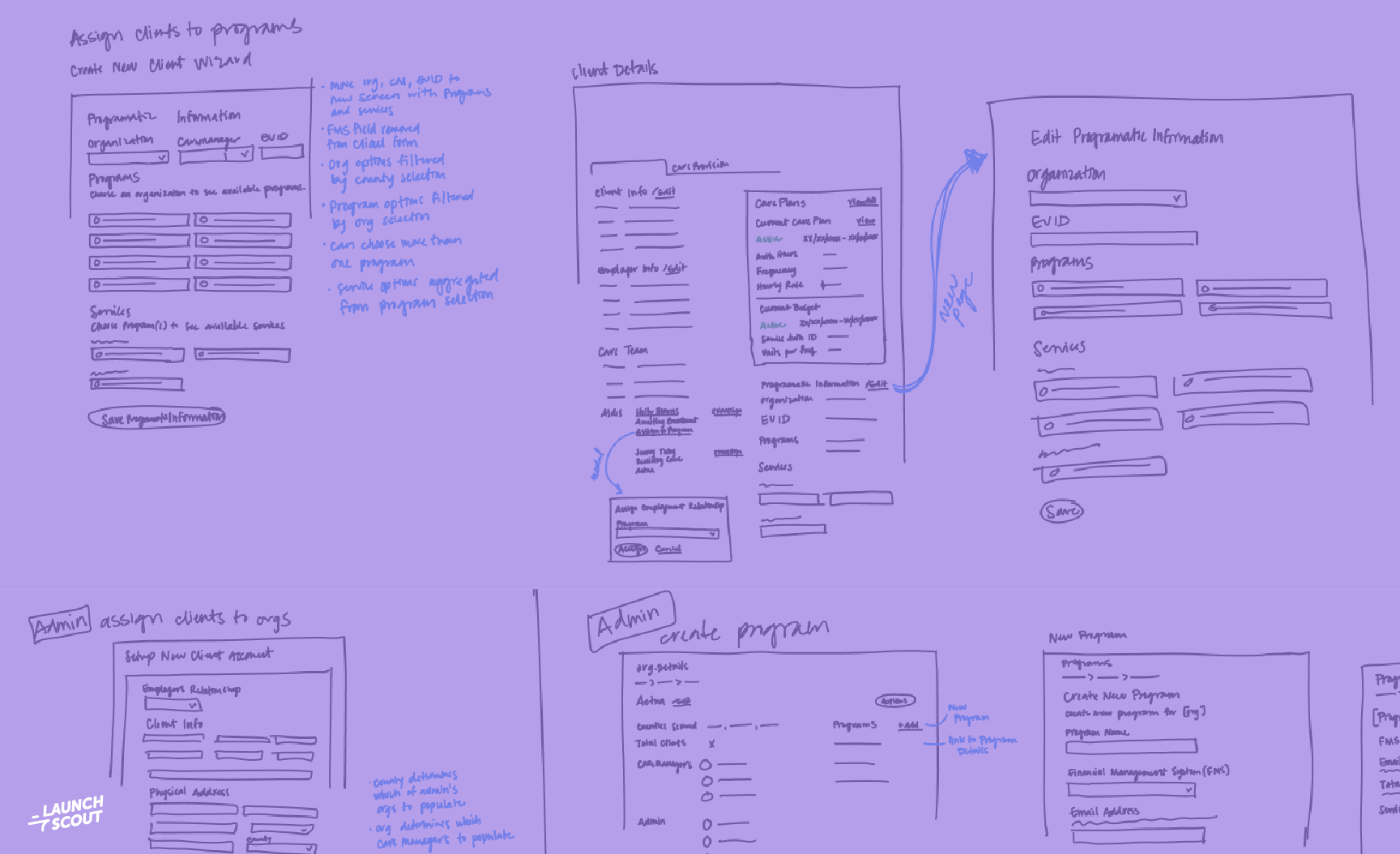
7 March 2018
What Amazon HQ2 decision makers didn't know about Cincinnati
Last week, an article in the Business Courier described the reasons Cincinnati did not make the short list of cities for Amazon’s HQ2. Chief among these was a lack of tech workers to fill the jobs that Amazon’s HQ2 would bring. This is by no means a new or surprising issue. Many smart people have been working on this issue in our city and have made some great progress, but it’s clear even more needs to be done.
But here’s what may be surprising to many: there are people right now with the ability to be excellent software developers who are struggling to find a job. How do I know? For the past two years, we’ve been running an Apprenticeship program at Gaslight whose purpose is to welcome new software developers into the field. This program takes brand new developers who have learned to code, joins them with a mentor and embeds them in a partner organization that needs to grow their software development capacity. Over 6 months, the apprentices go from “green bean” to competent, capable team member.
As we’ve grown our Apprenticeship program, it’s become clear that our industry has an opportunity to bring in many more people than we are currently. Every week, people contact us from all over the country, ready to join our industry. They just can’t find an initial opportunity to do so. It may seem hard to believe, but I regularly talk to beginner developers in tech hotbed areas like San Francisco who would be delighted to move to Cincinnati for the opportunity to write code professionally. The irony here is that we are losing opportunities like Amazon HQ2 due to a tech talent shortage, but meanwhile, new tech talent from all over the country is asking for the chance to join us.
Hopefully, the massive opportunity is obvious; the question is “How do we take advantage of it?”
We need to change the way we hire tech talent
Fields such as medicine and accounting require certification to prove that an individual has the proper knowledge and skills to practice in their field. In software development, while some certifications exist, they are by no means universal or common: there is no single standards body to certify you as competent software developer. This may be surprising to those outside the field, but the reason is simple: the knowledge set required for software development is changing too rapidly. While there are some fundamental skills involved in coding, it is estimated that the half-life of a software developer’s knowledge is 18 months. That means that every 18 months, half of what I know as software developer is obsolete. A good portion of any knowledge test we come up with to certify developer skill would be obsolete by the time it was finished.
Unfortunately, the hiring process at many organizations just isn’t well suited to this reality. Understandably, organizations hire based on the required skills for a position. This works well for most jobs, but for a software development position, not so much. A candidate hired as a developer based on a checklist of programming languages and technologies will likely find some of those skills used, but inevitable change will require new skills to be learned on the job constantly. This means that the most important skill in software development is continuous learning. Which requires a different, more involved hiring process where companies work directly with the candidate to assess competence.
Letting more people in
The good news is that the amount of material available to learn software development skills is ever increasing. It’s almost overwhelming how much freely-available high-quality material there is. This is excellent in that it lowers the barrier to entry. Anyone with access to a computer and the interest and aptitude to do so can teach themselves software development. Many of our most successful apprentices have taken just this approach and with no formal instruction have become successful, productive software developers. The problem they often face is that no one will give them a chance.
Yet local Fortune 500 companies, like Kroger, have been able to vet young developers through the Apprenticeship program. After the apprentices prove themselves, the company can choose to hire them. When someone is a good fit, it’s win-win for both parties:
Through the Apprenticeship program, we hired four developers. After working hand-in-hand with their Gaslight mentor for six months, they quickly became trusted team members and great full stack developers. The whole team enjoyed getting to bring people in and watch them learn and become the perfect fit for our team. It’s one of the best ways for us create new talent for Kroger.
-Dominic Varacalli, Digital Software Development Manager at Kroger
A vision for software development in our city
We’re incredibly proud of what we’ve been able to do so far with our Apprenticeship program, but it isn’t nearly enough. What if every organization with a team of software developers added an apprentice team? People from all over the country are already reaching out. What if we had a job waiting for them? What if we worked together to offer them relocation assistance? We could turn Cincinnati into the premier destination for becoming a software developer. It sounds like a cliche, but it is really true: we can turn this challenge into an immense opportunity.
We’d like to extend an open invitation to any organization that wants to partner with us on this vision. We’ll meet with you in our office or at yours, or for lunch or coffee. We’ll share with you in as much detail as you’d like how our Apprentice program works and help you get an apprentice team started at your organization. Reach out to me directly at chris@gaslight.co.



